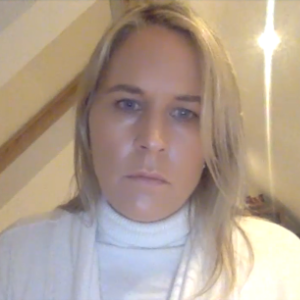Title : Brain fog and menopause – Is the future getting clearer?
Abstract:
As GPs and Menopause Specialists brain fog is a frequent topic and often the most distressing and debilitating symptom expressed in consultation. It can present in a way that we don’t recognise and the diagnosis is too easily missed. It can present in primary care, neurology, psychiatry and urgent care settings amongst others. It needs to be recognised and part of a differential diagnosis.
But what is brain fog? It’s ill defined. How do we know? Have we evidence of objective cognitive decline? Brain fog describes a lay collective term for cognitive difficulties, forgetfulness, cloudiness, cotton wool brain, fuzziness, fogginess. A collection of symptoms such as difficulty focussing, thinking and communicating, difficulty finding words and recalling numbers, forgetting events and appointments.
We have a growing bank of evidence that cognitive function declines in late perimenopause and early menopause. We have some evidence that it bounces back.
Studies to date have used a battery of neuropsychological tests to show these declines. These tests are done in a clinical setting by serial visits over the course of 2-4 years. Some testing is performed under observation in an fMRI scanner to show the changes in task evoked hippocampal responses and connectivity pre and post menopause.
We know that cognitive decline in these transitional years can be influenced by other modalities, namely vasomotor symptoms, treatment with hormone replacement therapy, mood and sleep.
There is a growing need to detect these early changes, both to research further what treatments can alter or halt their progression and to eliminate misdiagnosis of brain fog and resultant incorrect treatment and referral.
I plan to discuss more convenient and accurate digital solutions to characterising and validating subjective complaints of brain fog and potentially treating brain fog with regular focussed brain activity or exercise. These tests can be done in a comfortable home setting in the patient’s own time. I propose a cost effective, modern, accurate and efficient way of testing for a treatable and reversible phenomenon.
Audience Takeaway:
- Discussing the potential link between hormonal change and cognitive decline in midlife and development of dementia in later life.
- How can we apply digital technology to assessing and treating cognitive decline?


